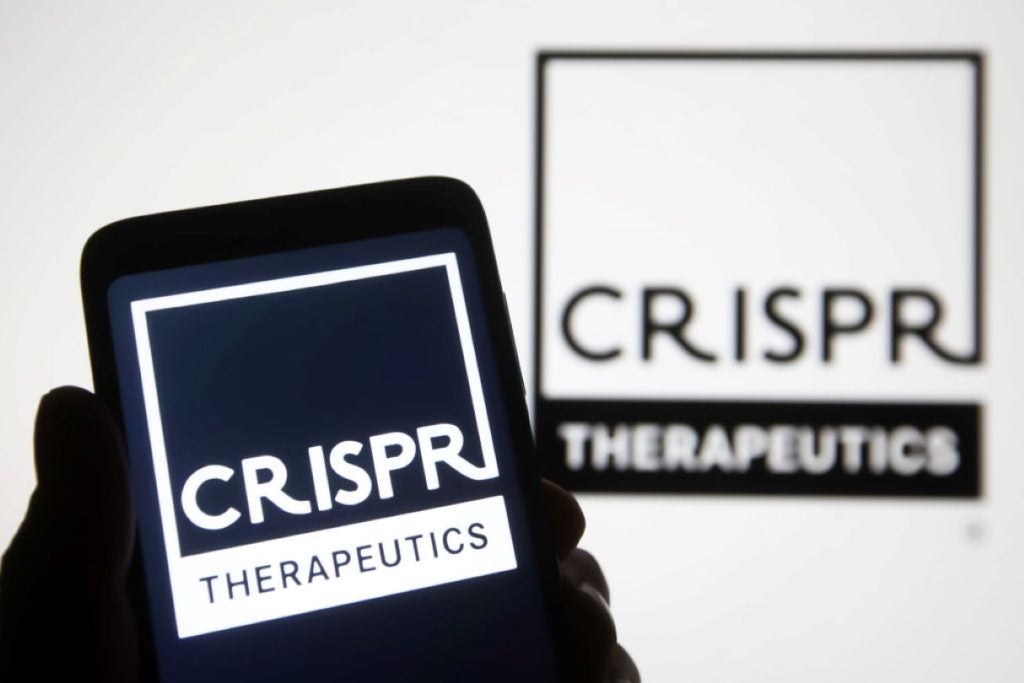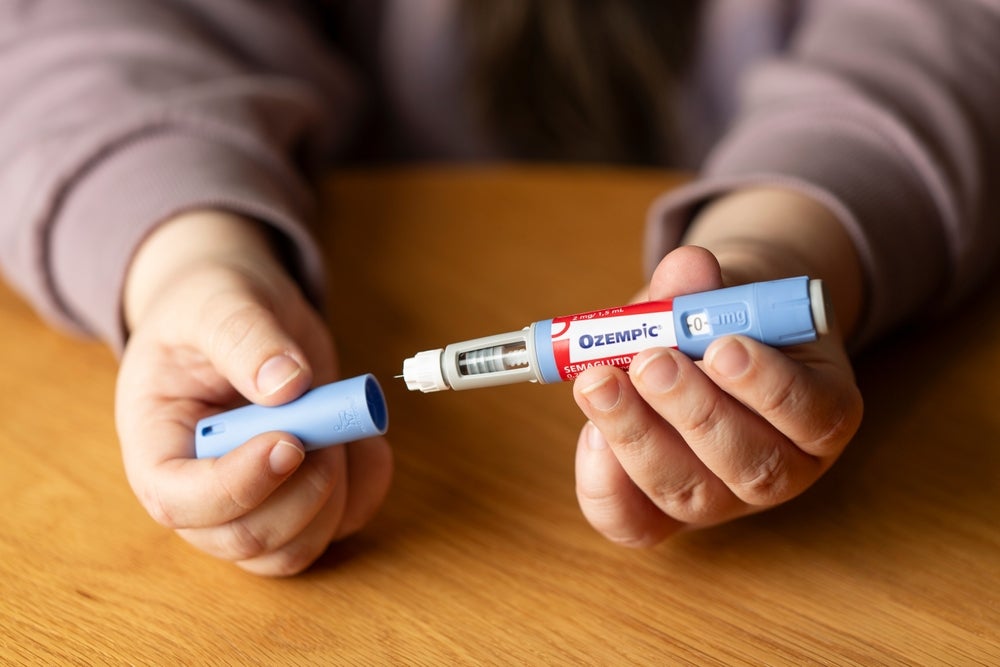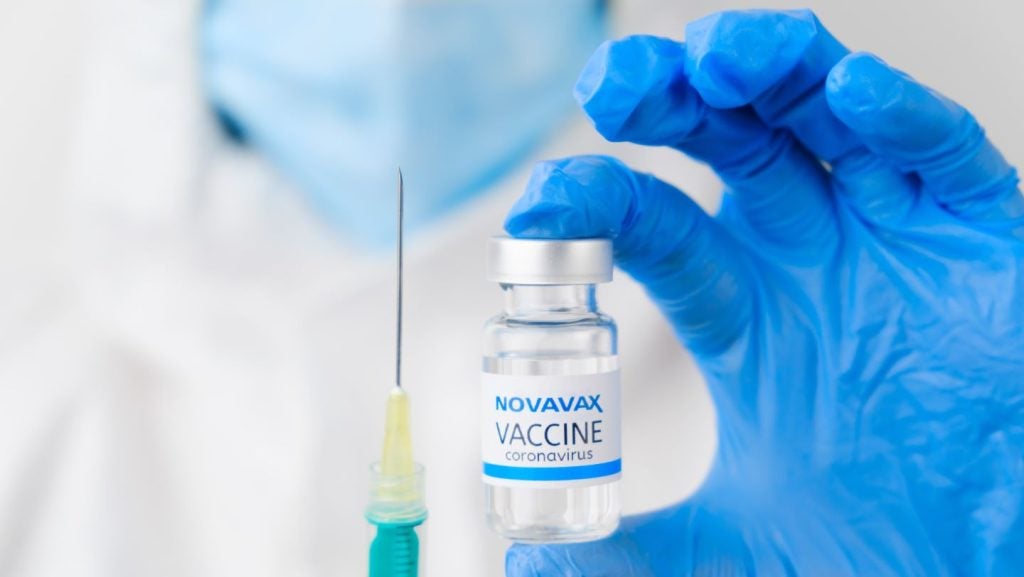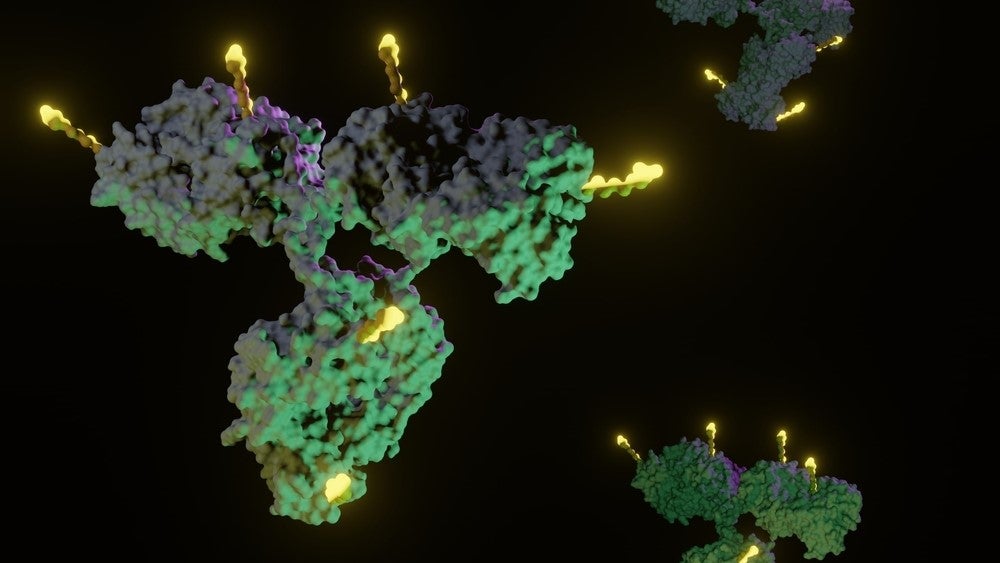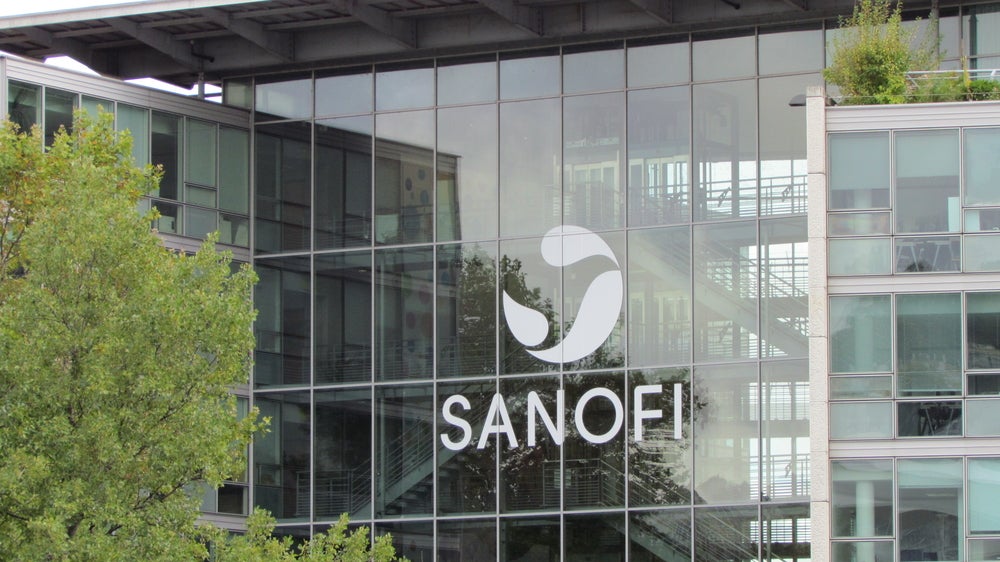CRISPR Therapeutics announced a shift in its company strategy to investigate the use of its allogeneic chimeric antigen receptor (CAR T) candidates CTX112 and CTX131 for the treatment of autoimmune diseases.
Emerging preclinical pharmacologic and pharmacokinetic data showed that the novel potency gene edits for CTX112 and CTX131 could cause a “significantly higher CAR T cell expansion and functional resistance in patients” compared to its other CAR T therapies, as per a 4 December company press release. Initially, the biotech was developing CTX112 for the treatment of CD19+ malignancies, and CTX 131 for haematological malignancies.
The CRISPR/Cas9 gene-edited cell therapies use additional novel gene edits to improve CAR T potency and reduce CAR T exhaustion. These gene edits knock out Regnase-1 and transforming growth factor-beta receptor type 2 (TGFBR2). CRISPR Therapeutics aims to investigate the therapies in a systemic lupus erythematosus (SLE) clinical trial in H1 2024, with the possibility of investigating the drug’s use for additional autoimmune disorders in the future.
The Switzerland-based company initially studied its first-generation CAR T therapies CTX110 and CTX130 for immuno-oncology indications. A December 2022 data presentation from Part A of the Phase I/II clinical trial of CTX110 demonstrated that the therapy produced “durable complete remissions in heavily pre-treated patients following a standard lymphodepletion regimen”.
In a press release, CRISPR Therapeutics’s chief medical officer Dr PK Morrow said: “We are very encouraged by the progress and early clinical data from our next-generation candidates. While we saw benefits from consolidation dosing with CTX110, we believe CTX112 could result in even better outcomes for patients.” CRISPR is manufacturing the two therapies for clinical trials at an internal GMP manufacturing facility.
CAR T cell therapy uses modified T cells to express a chimeric antigen receptor. This allows them to identify and bind to antigens on cancer cells, to attract T cell killing. CRISPR Therapeutics portfolio includes drugs for a range of conditions including haemoglobinopathies, oncology, regenerative medicine and cardiometabolic diseases.
Last month, the company gained the world’s first regulatory approval for a CRISPR-based gene therapy Casgevy (exagamglogene autotemcel) alongside its strategic partner Vertex Pharmaceuticals. The UK’s Medicine and Healthcare products Agency was the first authority to approve the therapy, but the US Food and Drug Administration may soon follow with a Prescription Drug User Fee Act date set for 8 December in severe sickle cell disease and 30 March 2024 in beta-thalassaemia. CRISPR also has strategic collaborations with Bayer and ViaCyte.


